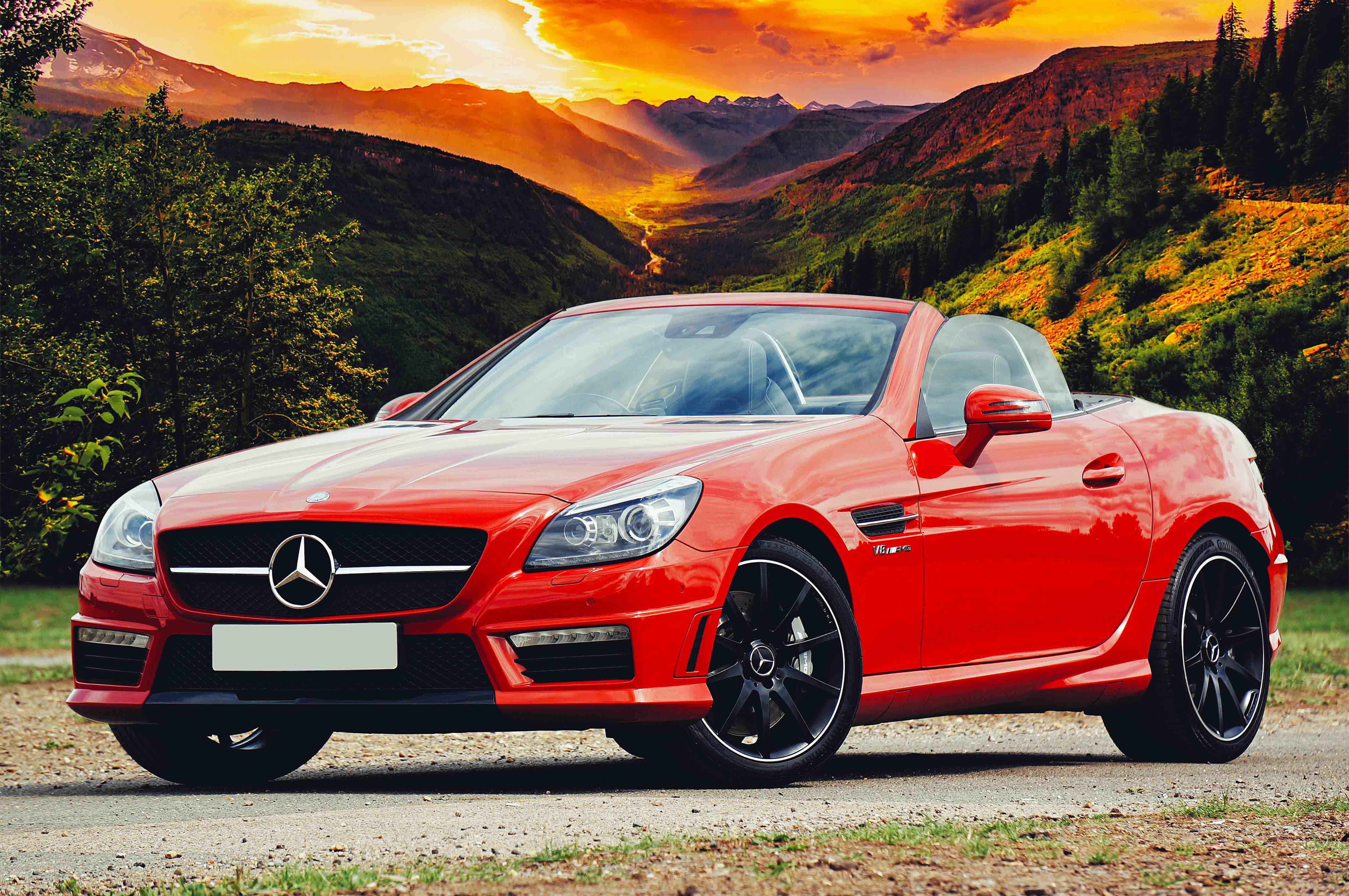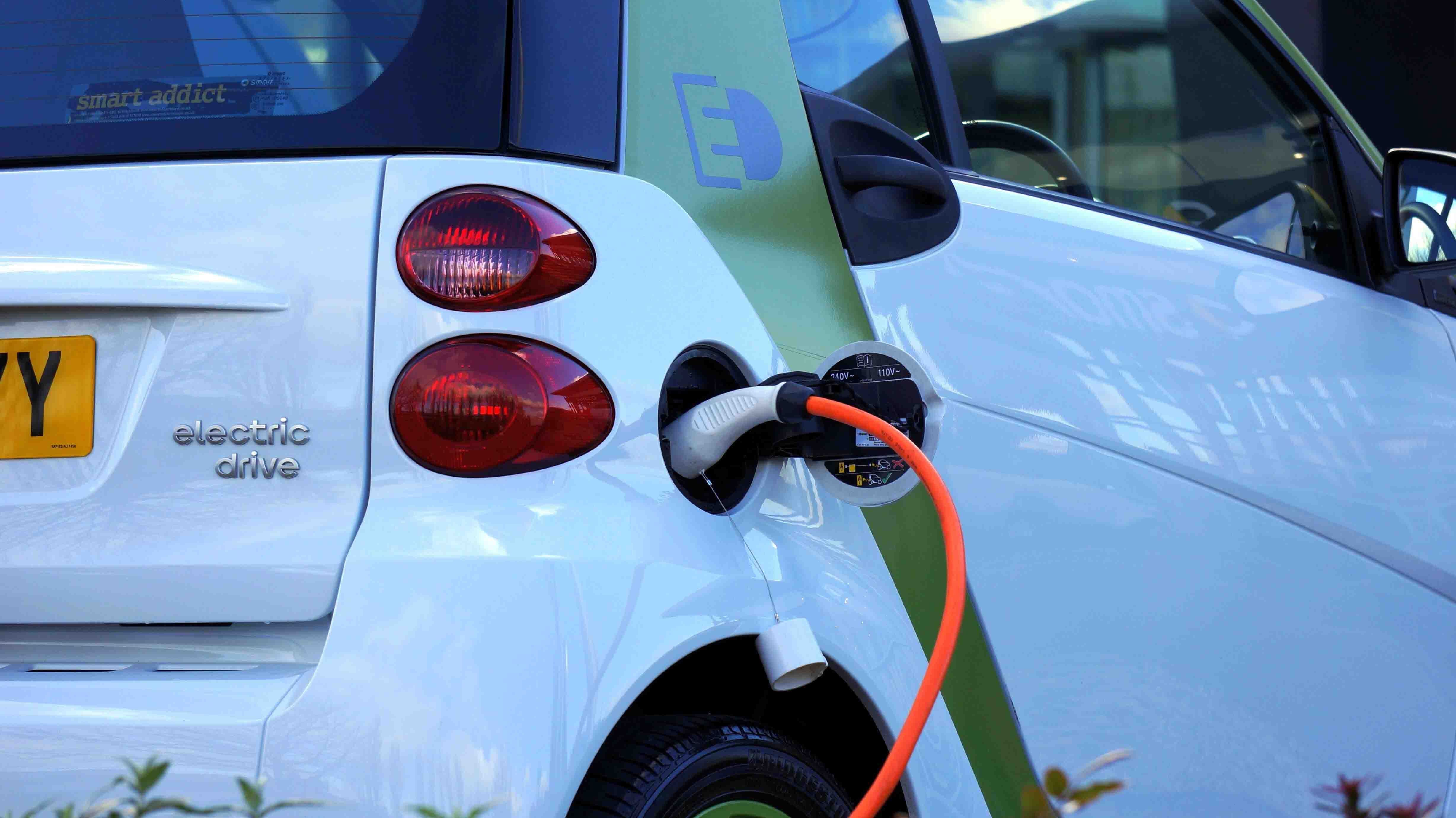In the first month of 2024, China's domestic passenger vehicle (PV) retail sales reached 2.035 million units, marking a year-on-year (YoY) surge of 57.4%, but showing a month-on-month (MoM) drop of 13.9%, according to data from the China Passenger Car Association ("CPCA").
For clarity, the passenger vehicles hereby refer to cars, MPVs, and SUVs locally produced on the Chinese Mainland.
In January 2024, the passenger vehicle retail sector kicked off the year with a significant year-on-year growth of over 50%, meeting expectations. The disparity in consumption timing before the festival played a pivotal role in bolstering the impressive year-on-year growth. However, challenges surfaced, including the overextension of sales in December, impacting January's figures, said the CPCA. Additionally, the predicted price rebound for certain vehicle models and a reduction in local consumption incentives, such as regional consumer vouchers, collectively hindered the strong sales momentum in the month.
At the national level, policy initiatives aimed at stabilizing and expanding automobile consumption continued to emerge, the association added. Initiatives like the Ministry of Commerce's "Hundred Cities Collaboration" automobile consumption festival and the "Thousand Counties, Ten Thousand Towns" new energy vehicle consumption season yielded positive results. Persistent efforts in consumption incentives by various regions, coupled with collaborative promotional efforts from automotive enterprises, provided stable support to the year-end automotive market.
The month-on-month performance disparity between joint ventures and independent automotive manufacturers became notably evident. The vigorous push by joint ventures in December last year, contrasted with the relatively stable approach of China’s domestic automakers during the same period. Consequently, in January this year, there was a 15% MoM decrease in retail sales of oil-fueled vehicles for joint ventures, while China's local automakers witnessed a 23% MoM growth in the same sector. Noteworthy performers in January include Geely Auto, Chery Auto, and Changan Auto. Despite the highly cost-effective nature of entry-level oil-fueled cars, consumer enthusiasm among the first-time buyer demographic appeared subdued leading up to the Spring Festival.
In January, China's wholly-owned car brands saw their retail sales reach 1.12 million units, boasting a robust YoY soar of 77%, but facing a 10% MoM decline. The domestic retail market share for Chinese homegrown brands in January stood at 55.1%, marking a 5.9 percentage point increase compared to the same period last year.
Last month, mainstream joint-venture brands recorded retail sales of 670,000 units, which leapt 43% from a year earlier, but shrank 15% from a month earlier. Breaking it down further, German brands held a 19.2% retail market share in the month, experiencing a YoY decrease of 3.8 percentage points. Japanese brands maintained a steady share of 16.7%, basically remain flat compared to the same period last year. Meanwhile, American brands secured a market share of 6.5%, marking a 1.3-percentage-point YoY decline.
In January 2024, retail sales of premium PVs reached 240,000 units, marking a YoY jump of 30%, but a MoM decline of 22%. The issue of premium car shortages, which was influenced by chip supply shortages in the year 2022, has been gradually ebbing. Despite this, the traditional luxury car market still faces subdued demand.
Last month, there were six automakers in China whose monthly PV retail sales exceeded 100,000 units. Of them, BYD still secured the highest position by retailing around 207,000 vehicles. Among the top 10 automakers by domestic PV retail volume in the month, Dongfeng Nissan was credited the fastest-growing one compared to its year-ago performance.
In January, auto manufacturers in China sold around 2.089 million PVs by wholesale, showing a remarkable YoY jump of 44%, but logging a MoM drop of 23.7%. Driven by the impetus from the new energy vehicle (NEV) and export markets, manufacturers maintained relatively high sales for the corresponding month in history.
Breaking down the Jan. wholesales by brand origins, China's local car manufacturers wholesaled 1.26 million PVs, reflecting a 67% YoY hike, but a 20% MoM decline. Mainstream joint ventures wholesaled 573,000 units, marking a 24% YoY climb, but a 29% MoM decline. Premium PV wholesale figures stood at 254,000 units, showing an 11% YoY increase, but a 25% MoM dip.
In January, the overall performance of major passenger car manufacturers exhibited variations, with FAW Group, Dongfeng Motor, and Changan Auto demonstrating relatively robust performance. There were a total of 33 companies with monthly wholesales exceeding 10,000 units, down from 37 in December 2023. Notably, 8 companies achieved a YoY increase exceeding 100%, while 23 companies achieved a growth rate of over 10%. Conversely, 7 companies experienced a YoY downturn.
In January, the PV production volume in China reached 2.021 million units, demonstrating a significant YoY spike of 50%. However, there was a notable 24.5% MoM decline. At the beginning of the year, many automotive companies exerted considerable efforts to stabilize production and reduce inventory levels.
Car exports have sustained the robust growth seen at the end of last year, with January witnessing the export volume reach 355,000 PVs (including complete vehicles and CKD), marking a substantial 51% YoY surge despite a 7% MoM decline. NEVs accounted for 26.8% of the total PV exports in January, reflecting a 5.2-percentage-point decrease compared to the same period.
February of this year only comprises 18 workdays, of 2 days fewer than that of February 2023, which had 20 working days. Due to the subdued automotive consumption around the Spring Festival period, most car companies tend to extend holidays both before and after the festival, said the CPCA. Consequently, the effective production and sales time for February is considerably short. It can be anticipated that the sales volume in the automobile market for the month will hit the bottom for the year.



